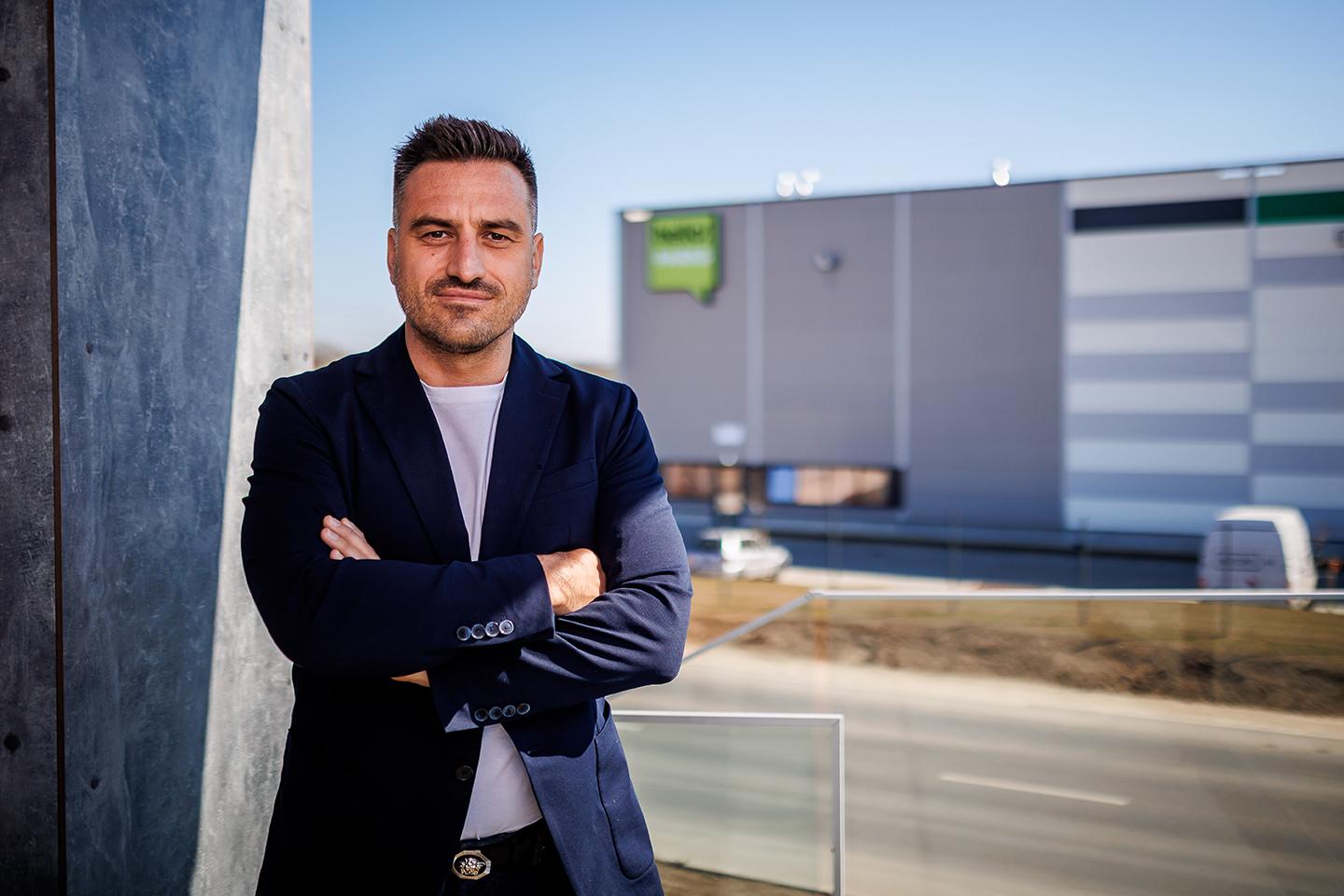2025-10-07
logistics

In a recent CIJ EUROPE Q&A, Rudolf Nemes, CEO of HelloParks, discusses the changing dynamics of Hungary’s logistics and industrial real estate market — from shifting tenant demand and ESG-driven development to new frontiers in digital design. Q: How do you see the Hungarian logistics and industrial property market evolving over the next five years, especially with increasing competition from regional developers in Poland, Romania and Slovakia? Rudolf Nemes: Hungary’s competitive advantage is not only about geography – success will depend on who can respond the fastest and most flexibly to tenants’ business needs. Key factors include the quality of the business offer, speed of reaction, transparency, and client experience. Naturally, building quality is also critical. More and more tenants integrate carbon footprint and ESG considerations into their reporting, so the sustainability performance of industrial properties has become a decisive element of competitiveness. Q: Your tenants include global names like BYD, DHL and dm. What new categories of tenants or industries do you expect to drive demand in Hungary—tech, e-commerce, automotive or manufacturing? Rudolf Nemes: Hungary increasingly serves as a gateway to Asia, and as a result, foreign direct investment from Asia has been flowing in strongly in recent years. This has brought not only OEMs but also tier 1–4 suppliers, who now represent a growing share of tenant demand. Since 2020, we have seen around 50% growth in this segment. Of course, global trade tensions and geopolitical shifts may influence the pace of this trend, but we believe Asia-linked investment will remain a defining driver in Hungary. At the same time, as domestic consumption grows, new players from outside China may also enter the market. E-commerce – including flows originating from China – is another important source of demand. Q: The ERSTE acquisition was described as the largest individual industrial transaction in Hungary. How do you see investor appetite for green-certified logistics assets developing, and how does this affect HelloParks’ financing strategy? Rudolf Nemes: Hungary’s investment market has not yet returned to pre-2019 levels, but there is strong and consistent demand for sustainable, well-located logistics properties. What makes the market special is that most competitors are portfolio builders, keeping their assets rather than selling them. We, on the other hand, are among the few classical developers that also dispose of assets, which sets us apart. Investor appetite clearly focuses on the highest-quality buildings that meet strict sustainability criteria. Properties that support tenants in achieving their ESG goals and that meet financing requirements are the ones attracting interest. For us, ensuring that our developments meet these standards has become a basic principle. Q: So far your hubs are concentrated around Budapest. Do you plan to expand HelloParks’ footprint into secondary cities or regional logistics corridors within Hungary—or even beyond Hungary? Rudolf Nemes: At this point we don’t plan to expand into secondary cities in Hungary, as those markets are strongly automotive-driven and would mean higher exposure in that sector. Our strategy is to remain focused on Budapest and its metropolitan area, which we see as offering long-term, balanced growth opportunities. At the same time, we are continuously monitoring international opportunities, and we hope to announce developments outside Hungary in the near future. Q: You’ve implemented recycled steel, low-carbon concrete and other innovations. What’s next in your R&D pipeline, and how do you balance cutting-edge sustainability with cost-efficiency for tenants? Rudolf Nemes: One of our main priorities now is the digitalization and automation of the design process. Using advanced software tools, we can significantly reduce time, costs and carbon footprint during development. Importantly, these innovations do not translate into higher rents for tenants. On the contrary, they can lower construction costs, which may result in more competitive rental levels. In addition, we are introducing on-site energy storage solutions so that the electricity generated by our solar panels can be stored and fully used by tenants, without losses. This further strengthens both sustainability and cost-efficiency. As Hungary continues to attract large-scale industrial investment, HelloParks aims to combine digital innovation and sustainable construction to keep its developments at the forefront of the region’s logistics transformation. © 2025 www.cijeurope.com

